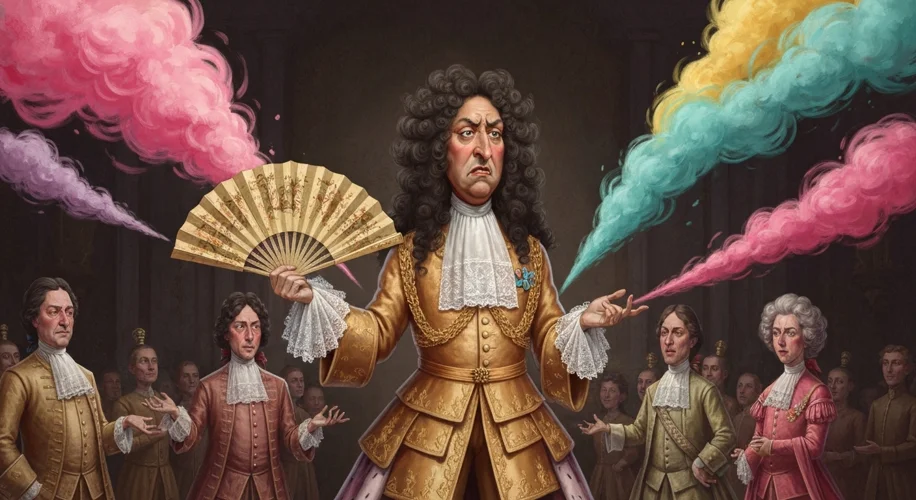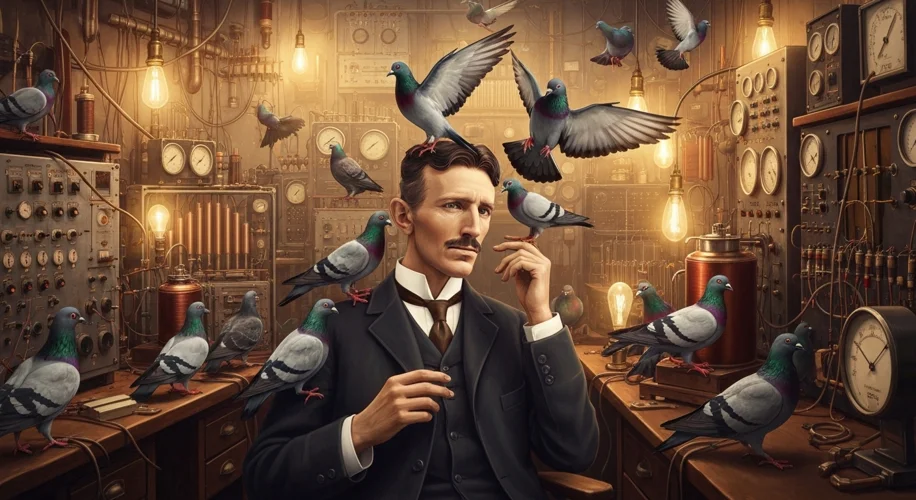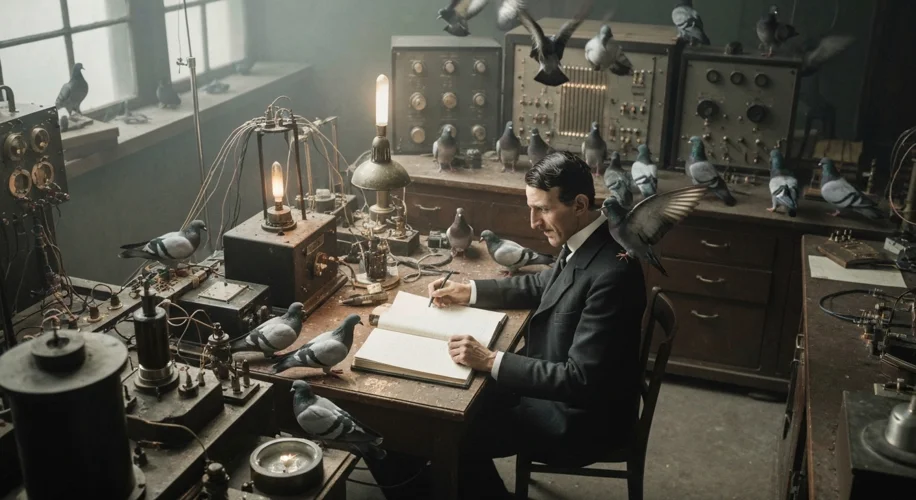History is often painted with broad strokes of grand battles, pivotal treaties, and the rise and fall of empires. Yet, beneath the veneer of statecraft and stoic leadership, lie the fascinating, often peculiar, private lives of those who shaped our world. For those who wielded immense power, the pressures were immense, and sometimes, these pressures manifested in truly unusual ways. This article delves into some of the lesser-known eccentricities and peculiar habits of renowned historical figures, moving beyond popular myths to uncover the deeply human, sometimes bizarre, side of power.
From the gilded halls of Versailles to the dusty battlefields, these leaders, despite their monumental achievements, were often creatures of habit, bound by personal quirks that offered a glimpse into their inner worlds.
The Sun King’s Golden Cage and a Peculiar Politeness
King Louis XIV of France, the “Sun King,” was the epitome of absolute monarchy, living a life of unparalleled grandeur at the Palace of Versailles. His days were meticulously scheduled, from his elaborate waking and dressing ceremonies, attended by hundreds of courtiers, to his evening promenades. Yet, beyond the public spectacle, Louis XIV harbored a peculiar habit: he was reportedly terrified of the smell of sweat.

This aversion reportedly led to an almost obsessive use of strong perfumes and scented sachets. While perfume was common among the aristocracy, Louis XIV’s extreme reaction suggests a deeper, perhaps psychological, sensitivity. His fear of unpleasant odors may have been a symptom of his overwhelming desire for control and order in his environment, mirroring his control over his kingdom. Courtiers were known to use copious amounts of perfume themselves, not just to smell pleasant, but to avoid the King’s displeasure. This extreme fastidiousness highlights the immense pressure to maintain an image of perfection, even down to the very air one breathed.
The Iron Duke’s Unyielding Routine
Arthur Wellesley, the Duke of Wellington, the man who famously defeated Napoleon at the Battle of Waterloo, was a figure of unyielding discipline and a famously stern demeanor. He was known for his meticulous planning and his ability to remain calm under the most intense pressure. However, Wellington also possessed a peculiar personal ritual that many found baffling: he insisted on always sleeping with his boots on.
This habit is often attributed to his long military career, where sudden alarms and the need for immediate action were paramount. By keeping his boots within easy reach, he was, in essence, always prepared for the unexpected. Yet, this went beyond mere practicality. It suggested a constant state of readiness, a mind that never truly disengaged from the possibility of conflict. His soldiers, who faced the grimy realities of war, might have found this habit a strange echo of the battlefield’s persistent demands, a man who, even in slumber, refused to surrender to complete relaxation.
The Enigma of Nikola Tesla’s Pigeons and Numbers
Nikola Tesla, the brilliant inventor whose work laid the foundation for much of our modern electrical technology, was a man of extraordinary intellect but also of profound eccentricities. Among his most notable quirks was his obsession with the number three and his deep affection for pigeons.
Tesla claimed to be able to calculate the trajectory of projectiles and the circumference of the Earth in his head, a testament to his remarkable mind. However, his daily life was governed by a strict adherence to numbers divisible by three. He would walk around a city block three times before entering a building, clean his seven hundred and thirty-two (7+3+2=12, 1+2=3) dinner napkins, and meticulously arrange his seventy-two (7+2=9) or eighty-one (8+1=9) plates before eating. This compulsion, now understood as a manifestation of obsessive-compulsive disorder (OCD), was a stark contrast to the free-flowing nature of his inventive genius.

His relationship with pigeons, particularly a specific white pigeon, was also legendary. He would feed them, care for them, and reportedly spent thousands of dollars on them. He claimed to love the white pigeon

